There are multiple reports, still unconfirmed at the moment but from reliable sources, that Robert F. Kennedy Jr. will end his independent candidacy at an event this Friday in Phoenix, Arizona. If so, regardless if he decides to throw his support behind Donald Trump, it will serve as a politically meaningful boost to the Republican campaign in multiple battleground states where Kennedy has gained ballot access in the past few months.
The rationale for the RFK campaign was always dependent on the vast number of “double haters” — people who were strongly opposed to both Joe Biden and Donald Trump. Kennedy’s appeal to these voters, particularly younger voters, was significant: he was younger, healthier, had an issue set which appealed to both sides, and an independent streak which rings authentic even if he comes across as a bit odd.
With Biden’s exit, that rationale crumbled. Kennedy now almost certainly is more damaging to Trump than to the Harris-Walz campaign, and even though his personal popularity remains high among voters, he no longer has — if he ever did — a conceivable path to winning a state or throwing the election to Congress.
What does appear quite possible even absent an endorsement is a real likelihood that RFK ends up working with a future Trump administration (there would be no such offer from Harris). As much as his record on vaccines and health issues has been a part of his campaign, it seems a more natural fit for him to become a non-Senate-approved choice for a role within the government, perhaps working on environmental issues which have been the focus of most of his career.
The RFK campaign generated an enormous amount of attention for a relatively small effort, with significant amounts of earned media and the appeal of an iconic political name. It also serves as a reminder why third-party candidacies, particularly independent candidacies, are virtually impossible in America. Ballot access is intentionally cordoned off by the two parties and, in the post-Ross Perot era, has become even more difficult to achieve. This is an indictment of our system of bipartisan corruption that forces voters into political factions where ideology is homogeneous artifice, instead of allowing them the freedom to consider outsiders with heterodox views.



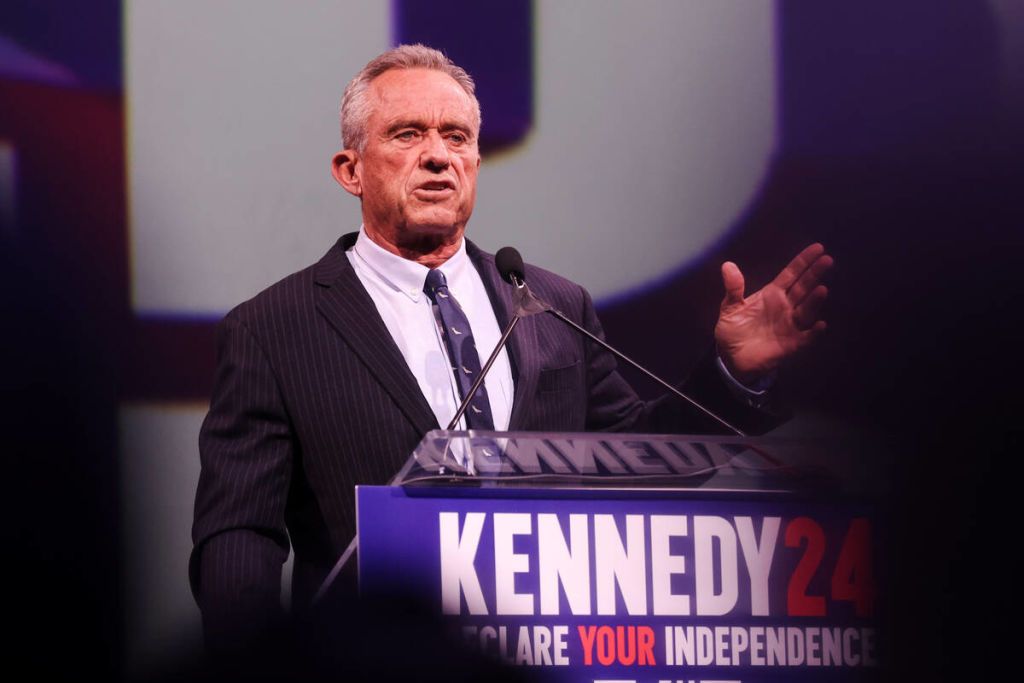






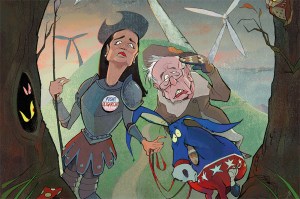




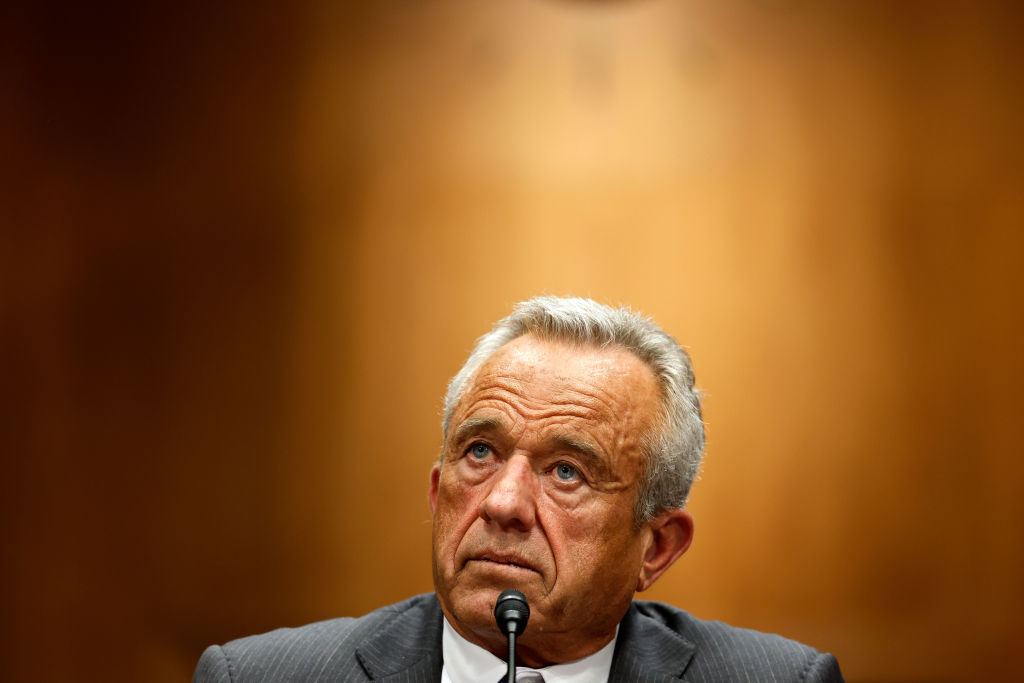
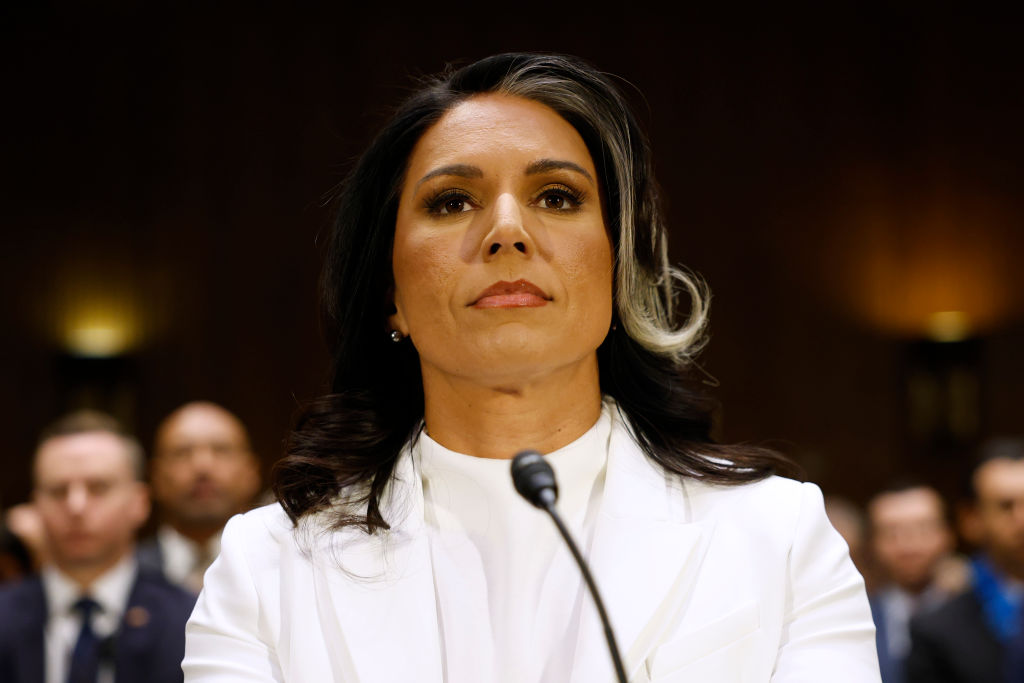
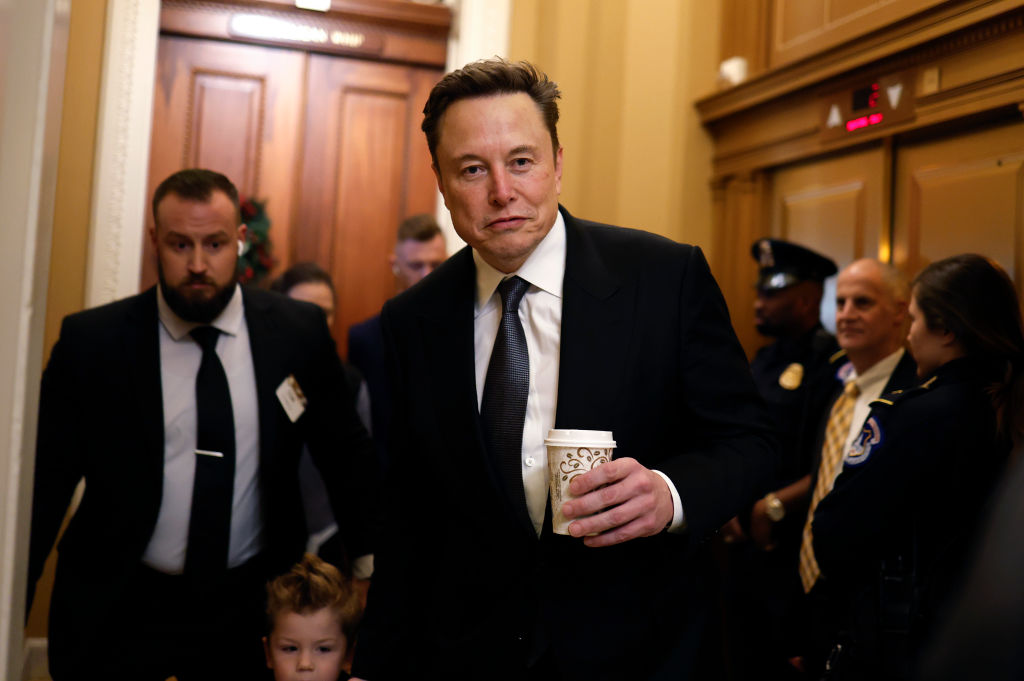
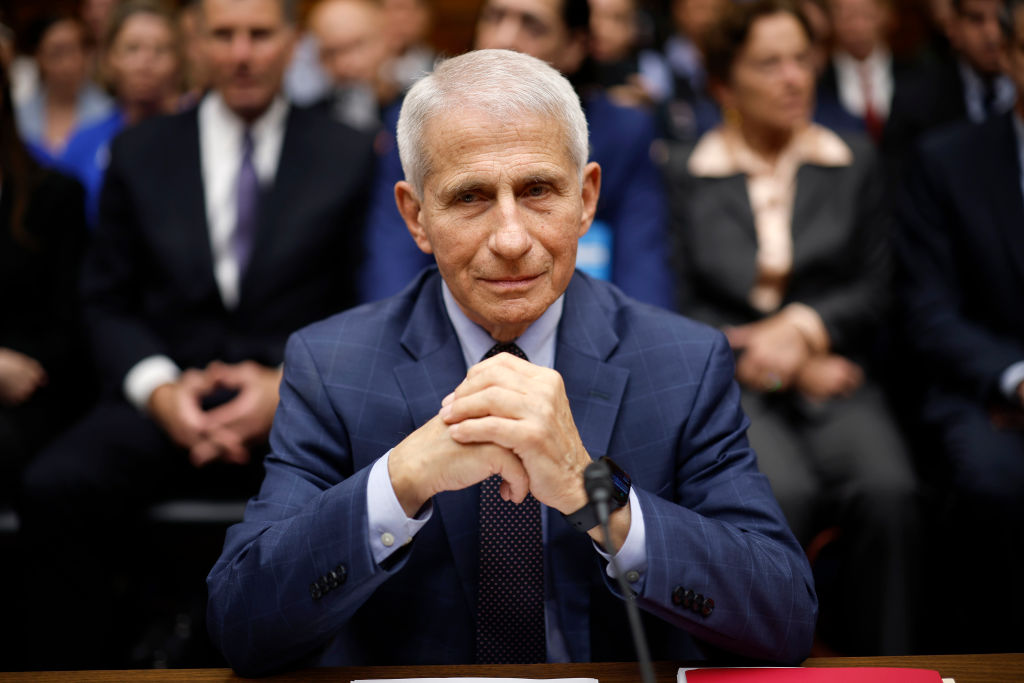







Leave a Reply